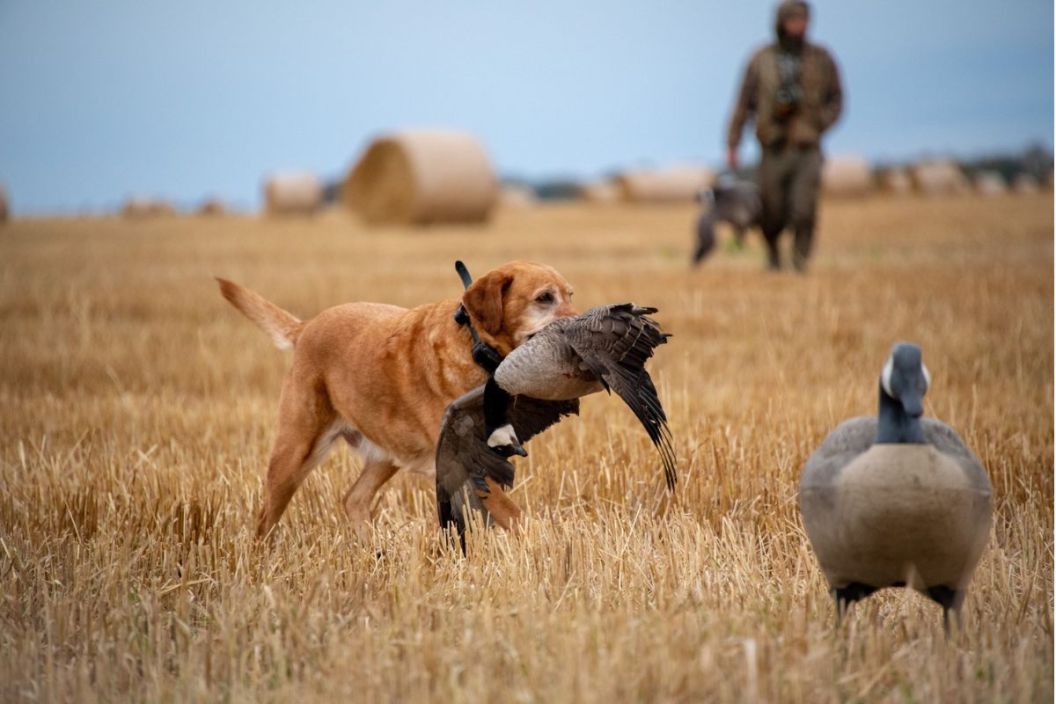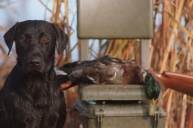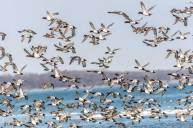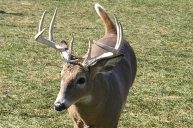The ban on wild game bird imports from Canada that was placed by the United States Department of Agriculture's Animal and Plant Health Inspection Service (USDA's APHIS) at the beginning of September has been reversed. The initial rule stated that waterfowl meat and carcasses would not be allowed to cross the Canadian-American border, but has now been revised with new additional restrictions. The change came thanks in part to the efforts of the world's largest wetlands conservation nonprofit organization, Ducks Unlimited.
The ban was originally issued to help prevent the spread of the highly pathogenic avian influenza (HPAI), also known as the bird flu. But bird hunters and other stakeholders saw no point to it because of the lack of consideration for the four billion birds that migrate from Canada to America during autumn on their own. The inconvenience behind when the ban was issued also led to the disagreement. The ban was announced at 6:35pm ET on Friday, September 2, just a day after waterfowl hunting season began. This ban of transporting wild bird carcasses over the border would affect many American hunters who had already made the trip up north, as well as those who had made plans and were on their way.
But DU scientists intended to strongly advise APHIS to reconsider the import ban by providing science-based information as to why it needed revising. They explained how there was little evidence that the ban would actually prevent the spread of HPAI.
New Restrictions on Canadian Waterfowl Game Imports

SteveOehlenschlager via Getty Images
Thanks to the DU, APHIS put the following new restrictions on "unprocessed hunter-harvested wild game bird carcasses, originated from or transiting Canada." They must meet the following:
- Viscera, head, neck, feet, skin, and one wing have been removed; and
- Feathers have been removed, with the exception of one wing, as required by U.S. Fish and Wildlife Service (FWS) for species identification; and
- Carcasses must be rinsed in fresh, clean, potable water prior to packaging and must not have visible evidence of contamination with dirt, blood, or feces; and
- Carcasses must be imported in leak-proof plastic packaging and stored in a leak-proof cooler or container during transport and import; and
- Carcasses must be chilled or frozen during transport and import.
DU Senior Waterfowl Scientist Dr. Mike Brasher said, "Based on data from the U.S. Fish and Wildlife Service and Canadian Wildlife Service, U.S. hunters and their harvested birds imported from Canada pose relatively minimal risks in this regard. DU will use this opportunity to communicate with waterfowl hunters about these new import restrictions and USDA APHIS voluntary guidelines that will provide additional safeguards against the spread of HPAI this fall and winter."
DU CEO Adam Putnam also commented, saying, "This revision is not only a win for American waterfowlers but also for the application of sound science. Now, waterfowlers who've already departed north of the Canadian border have clear guidance on how to limit the spread of HPAI and bring their harvested game birds back into the U.S. safely."
It's been almost two weeks since the initial ban took effect. Hopefully it hasn't caused too much trouble for hunters already.




